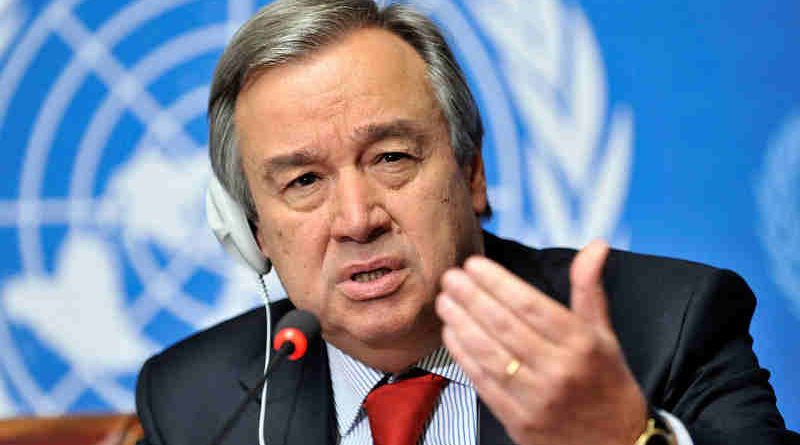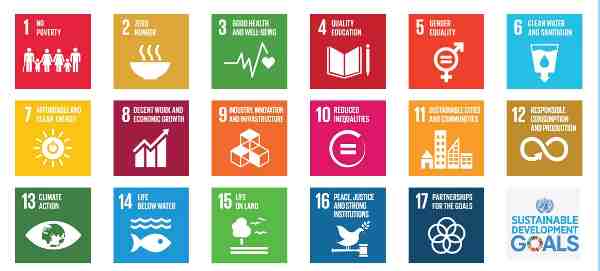Global Public Debt Reaches $92 Trillion in 2022: UN Report

Global Public Debt Reaches $92 Trillion in 2022: UN Report
The United Nations urgently calls for a comprehensive reform of the international financial architecture.
The United Nations (UN) Secretary-General António Guterres has presented a report “A world of debt. A growing burden to global prosperity” and issued a grave warning as global public debt reached an all-time high of $92 trillion in 2022.
The UN says this five-fold surge in public debt levels since 2000 demands immediate action to tackle the escalating crisis affecting developing countries in particular.
The UN Secretary-General underlined: “On average, African countries pay four times more for borrowing than the United States and eight times more than the wealthiest European economies. A total of 52 countries – almost 40 percent of the developing world – are in serious debt trouble.”
This disparity in interest rates highlights the inherent inequality in the international financial system, burdening developing countries disproportionately. Today, half of all developing nations spend a minimum of 7.4% of their export revenues on servicing external public debt.
Of special concern, according to the UN, is the rapid growth of interest payments, surpassing other public expenditures. It is alarming that some governments are compelled to spend more on servicing debt than on critical sectors like health and education.
Disturbingly, the report shows that at least 19 developing nations allocate more money to interest payments than education, and 45 allocate more to interest than health expenditure.
The increasing reliance on private creditors, who offer more expensive debt and shorter maturities than official sources, has also complicated debt restructuring for developing countries.
Currently, according to the report, private creditors hold 62% of external public debt, up from 47% a decade ago. There is, however, no mechanism to address how to restructure debt across different creditor classes.
The United Nations urgently calls for a comprehensive reform of the international financial architecture, including the debt architecture, to foster a more inclusive system that empowers developing countries to actively participate in the governance of the international financial system.
The UN Global Crisis Response Group on Food, Energy, and Finance (GCRG) was established in March 2022 by UN Secretary-General António Guterres to address the interconnected crises of food, energy, and finance.
The report “A world of debt: A growing burden to global prosperity” was jointly prepared by the GCRG, the UN Conference on Trade and Development (UNCTAD), and the five UN Regional Economic Commissions: ECA, ECE, ECLAC, ESCAP, and ESCWA.






